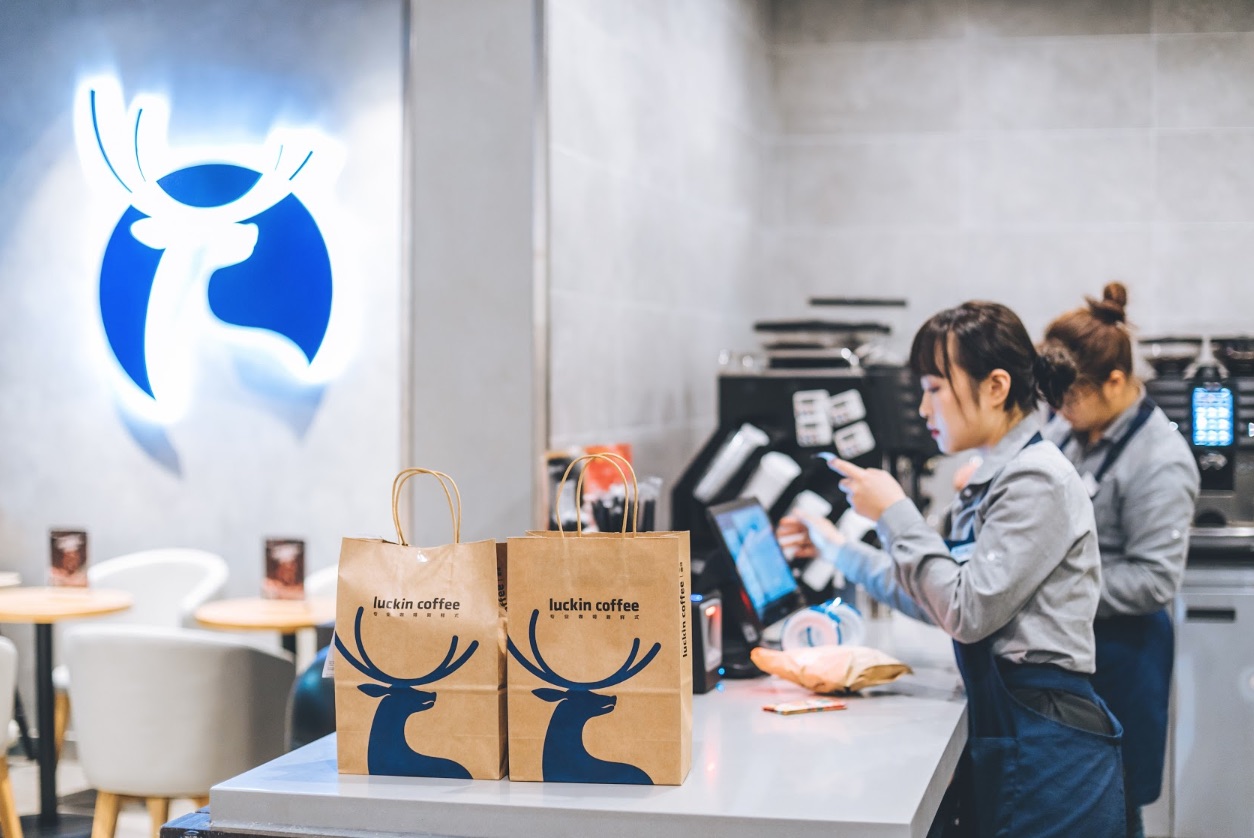Luckin Coffee is back from the dead and may relist in the U.S.
Luckin Coffee was a stock market darling with a reputation as a high-tech Starbucks killer. An accounting fraud scandal nearly killed the company in 2019. But Luckin has been making money again.

Nearly two years after it was felled by an accounting scandal in which the company fabricated more than $300 million in sales, Luckin Coffee, China’s largest homegrown coffee chain, is exploring a possible relisting as early as the end of this year, per the Financial Times.
Since its delisting, Luckin has picked itself up by the bootstraps. It replaced its management, and revamped its store strategy from frenzied construction to quality improvement and product development.
- Luckin scored some big wins last year. On April 12, the company officially launched a new coconut milk latte line that went viral on the Chinese internet. Some Chinese media outlets suggest Luckin even turned profitable a month later on the back of the success.
- In December, Luckin reported that third-quarter revenues had grown 106% year on year to roughly $370 million. Last April, the chain received a $250 million lifeline from former investors Centurium and Joy Capital.
The context: Once billed as the “Starbucks of China,” Luckin was trading on the Nasdaq at a $12 billion valuation when a report by the short seller Muddy Waters accused the company of grossly inflating its sales. An internal investigation confirmed that Luckin had fabricated $310 million in sales over the last three quarters of 2019, equivalent to 40% of its total revenue that year. It was delisted shortly after.
Luckin remains one of China’s biggest coffee chains, with over 5,000 stores nationwide, a few hundred more than Starbucks. Recent reports also revealed that Luckin is seeking another round of financing.
- Shares of Luckin continued to trade over the counter in the U.S. since its delisting, putting the company at a market valuation of about $2.5 billion.
- Charles Lu (Lù Zhèngyào 陆正耀), Luckin’s ousted former chairman, has moved on. He tried to launch his own noodle restaurant chain last year, though Chinese media report it has stalled with name changes and sudden closures.
The takeaway: Luckin’s rapid revival is a testament to how fast things move in China. Just a few months after its delisting, the company managed to return to profitability. The story also illustrates a peculiar facet of globalization: Chinese evidently cared very little about the company’s malpractice in the U.S., which was largely an abstraction to them as compared with delicious coconut milk and red velvet lattes. By contrast, any consumer-facing issue, like false advertising, almost always goes viral and ends in a company apology.






